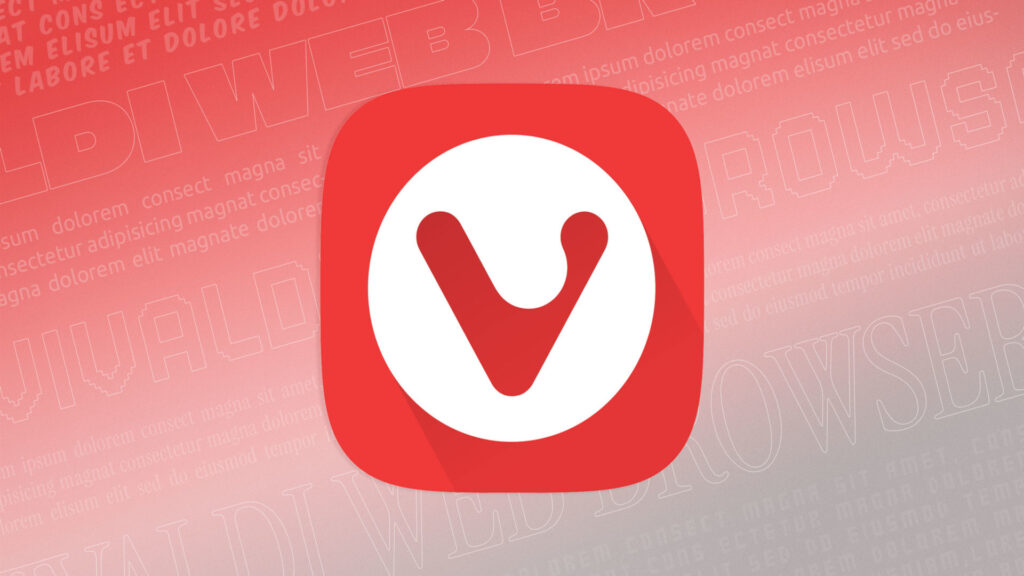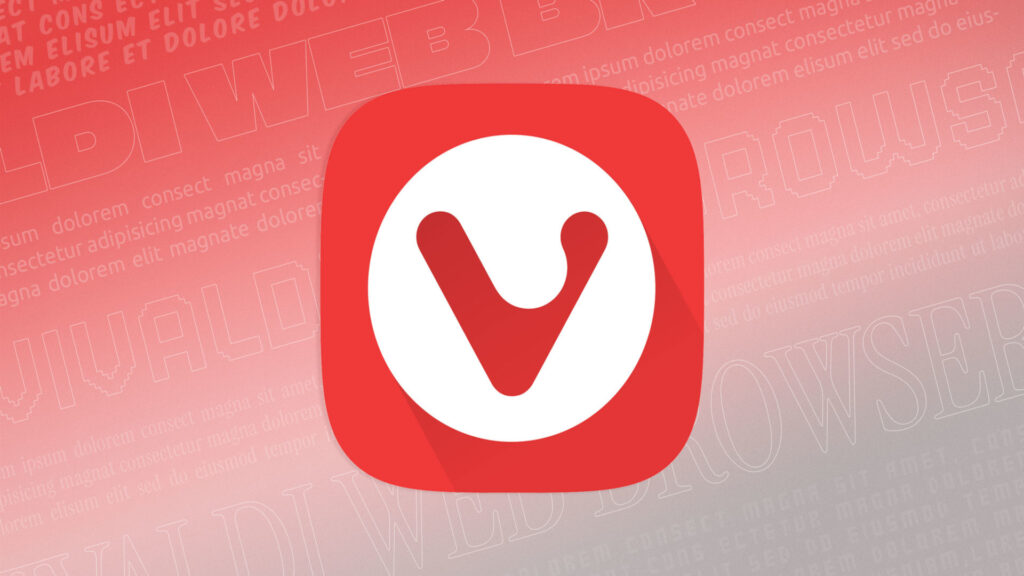
Vivaldi è un browser web avanzato, progettato per offrire massimo controllo all’utente e un’esperienza di navigazione personalizzabile. Nato nel 2016 da un’idea di Jon von Tetzchner, già co-fondatore del browser Opera, Vivaldi si distingue per la sua attenzione alla privacy, alla modularità e alla libertà di scelta.
Vivaldi è distribuito liberamente ma non è disponibile sotto una licenza completamente open source. Pur includendo componenti open source e basandosi sul motore di rendering Chromium (lo stesso utilizzato da Google Chrome), solo una parte del codice è consultabile pubblicamente, mentre l’interfaccia utente rimane proprietaria e non accessibile in formato sorgente completo.
Il browser è multi-piattaforma, disponibile per GNU/Linux, Windows, macOS e Android, con una versione mobile che mantiene molte delle funzionalità avanzate della versione desktop. Tra le caratteristiche principali si trovano la gestione avanzata delle schede, pannelli laterali personalizzabili, comandi rapidi da tastiera, note integrate, client di posta elettronica, calendario e lettore di feed RSS.
Negli ultimi mesi, il settore dei browser ha visto una crescente integrazione di funzionalità basate sull’intelligenza artificiale (AI), come riassunti automatici delle pagine, assistenti virtuali e compilazione automatica dei moduli. Queste funzioni, presenti ad esempio in Chrome (con Gemini) ed Edge (con Copilot), stanno trasformando il modo in cui gli utenti interagiscono con il web, spostando l’attenzione dalla navigazione attiva alla consulenza automatizzata.
In questo contesto, Vivaldi ha deciso di prendere una posizione netta e controcorrente.
Vivaldi dice no all’intelligenza artificiale nei browser: il web deve restare umano
Con un manifesto pubblicato il 28 agosto 2025 dal CEO Jon von Tetzchner, Vivaldi annuncia ufficialmente la sua opposizione all’integrazione dell’intelligenza artificiale nei browser. Il documento, intitolato Keep Browsing Human, espone una visione chiara: il web deve restare uno spazio di esplorazione, autonomia e scoperta personale, non un ambiente dominato da assistenti automatici e riassunti generati da algoritmi.
Secondo il CEO Jon von Tetzchner di Vivaldi, l’inserimento di riassunti automatici e chatbot nei browser rischia di:
- Ridurre la curiosità dell’utente, trasformando la navigazione in un consumo passivo di contenuti.
- Danneggiare gli editori e i creatori di contenuti, poiché gli utenti tendono a cliccare meno sui collegamenti originali quando sono presenti riassunti generati da AI. Uno studio del Pew Research Center ha evidenziato che i clic sui risultati tradizionali si dimezzano in presenza di riassunti automatici.
- Monopolizzare l’attenzione e il percorso verso l’informazione, mettendo a rischio la diversità del web e la libertà di scelta.
Jon von Tetzchner di Vivaldi dichiara che non introdurrà chatbot, riassunti automatici o compilazione assistita dei moduli, almeno finché non saranno disponibili metodi più affidabili e rispettosi della privacy e della proprietà intellettuale. Il browser continuerà a essere uno strumento per utenti curiosi, ricercatori, sviluppatori e chiunque desideri controllo totale sulla propria esperienza online.
Il manifesto sottolinea anche che, pur riconoscendo il potenziale della AI e del machine learning (apprendimento automatico), Vivaldi non intende adottare queste tecnologie se comportano una perdita di autonomia per l’utente o una compromissione della neutralità del web.
Quindi ad oggi, Vivaldi rimane quindi l’unico browser multi-piattaforma di rilievo a rifiutare l’integrazione dell’intelligenza artificiale, scegliendo di difendere un web umano, libero e trasparente.
Per leggere il manifesto completo e scoprire la visione di Vivaldi sul futuro della navigazione, è possibile consultare il documento ufficiale sul blog di Vivaldi.
Fonte: https://vivaldi.com/blog/keep-exploring/
Source: Read More


